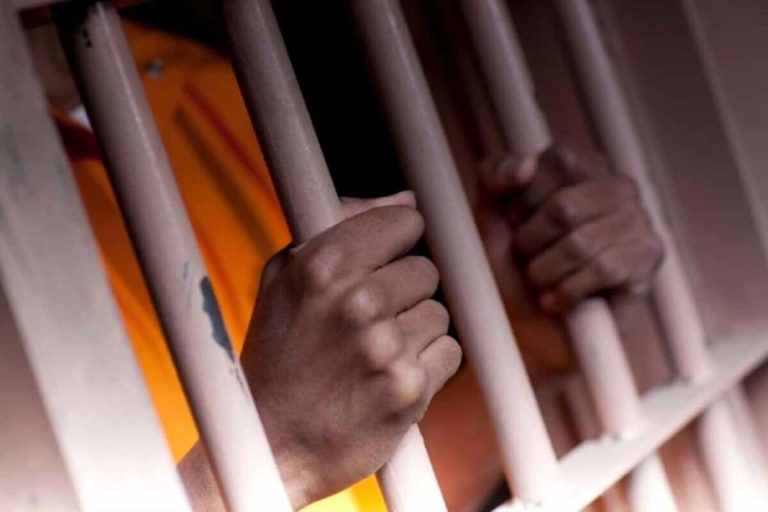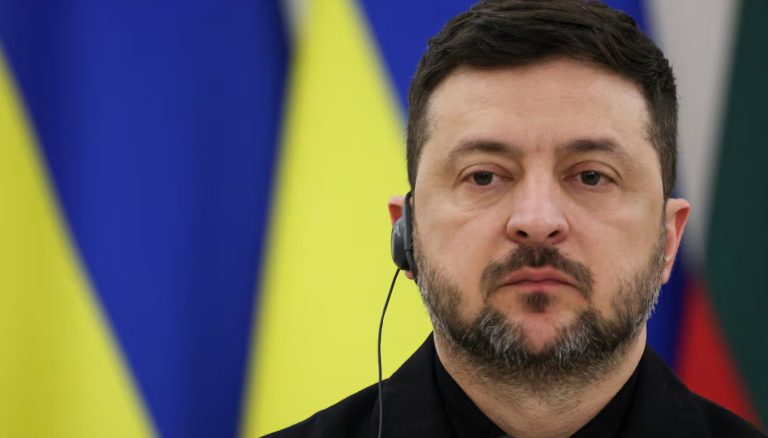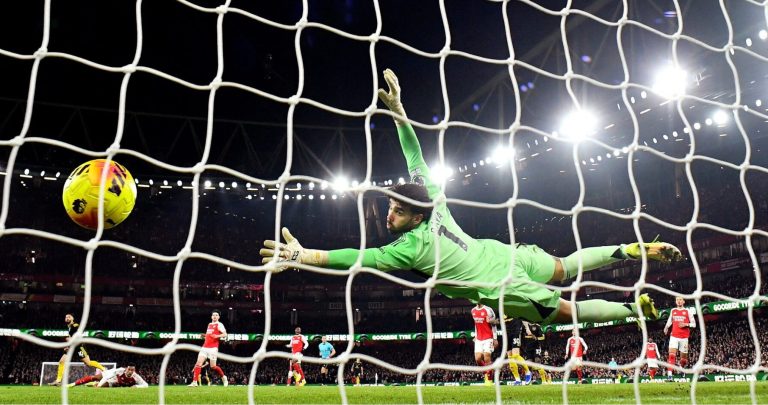
Professor David Aworawo, Head of the Department of History and Strategic Studies at the University of Lagos, says the United Nations system no longer reflects the realities of today’s world, warning that global governance cannot progress without urgent institutional reform.
Speaking during an interview on ARISE News on Tuesday, Aworawo described the present UN structure as obsolete, stating that “the structure of the United Nations as we have it today is anachronistic.” He noted that the current arrangement was created in 1945 under circumstances that no longer exist.
According to him, “the structure was put in place in the immediate post-World War II period in 1945… The world has changed a whole lot in the past 70 years.” Aworawo said it is “surprising” that earlier reform efforts from the early 2000s “haven’t quite been consolidated yet.”
He maintained that Africa deserves permanent representation whenever the overdue reforms happen, insisting that “anytime the UN reforms are carried out, Africa will be at the seat.” He added that “it is surprising that a country like Germany doesn’t have a two-person embassy. Africa doesn’t have one. South Africa doesn’t have one. It is incomprehensible.”
Beyond the UN structure, Aworawo also addressed new African initiatives on peace, prosperity, and multilateralism. He said such efforts are not new, recalling that “over time, especially since after the end of World War II, we’ve had scores of such initiatives around the world.” While some succeeded, he explained, others collapsed because “there was not enough commitment to the initiatives.”
He stressed that there is “no alternative to multilateralism,” warning that many global problems, including climate change, cannot be solved by individual states. “These are not problems that individual countries can solve. They are problems that need the global system together,” he said.
On Africa’s push for an “African free world” and locally driven solutions, Aworawo pointed to a recurring challenge of weak political will. He noted that past efforts such as the African Renaissance and the New Global Economic Order lost momentum after key leaders left office. According to him, “it is commitment and sustainability that will determine how much it contributes to Africa’s peace, development, and prosperity.”
Turning to African-led security initiatives, he argued that the continent cannot tackle terrorism alone. He explained that “terrorism and insurgency pose threats to the international community,” and said African countries must commit resources while the wider world also provides support. He cited the defeat of ISIS as an example, noting that “the global community formed a coalition… and it was that cooperation that led Nigeria to defeat ISIS 9 years later.”
Aworawo insisted that only regional cooperation and global backing can deliver meaningful progress, saying “that is actually the only way,” and adding that “we are seeing regional cooperation and regional efforts that are very successful to defeat all of these terrorist groups.”
He concluded that Africa’s ambitions for peace, stability, and development will continue to fall short unless nations demonstrate stronger commitment both internally and collectively.
Faridah Abdulkadiri



